
Nettle is one of the most curable plants, from which is the most frequently used nettle leaf and nettle root.
How Does the Nettle Work?
Nettle leaf shows the following pharmacological effects: analgesic (reduces pain), haemostatic (stops bleeding), antibacterial, antiviral, anti-inflammatory, local anesthetic and diuretic.
Nettle As a Diuretic
Nettle clears up the blood and increases fluid excretion from the body, so it has found application in all diseases caused by toxins accumulating in the body (eczema, headaches, rheumatism, gout, arthritis). Nettle has a beneficial effect on various diseases, which develop as a result of the excessive burdening the liver, bile, spleen and kidney by toxic substances. Nettle prevents the sand in the kidneys and bladder. Due to diuretic properties nettle affects the regulation of blood pressure. In gout and rheumatic diseases nettle is used in the form of baths where approximately 200g of nettle leaves should be put in the bath. Given that nettle is a good diuretic it stimulates the excretion of uric acid that causes gout.
Nettle As a Multimineral and Multivitamin Complex
Nettle contains many vitamins and minerals, and some herbalists believe that it is the natural multimineral and multivitamin complex. Nettle contains vitamin C, carotenoids, vitamin K, B2, B5, iron, calcium, magnesium, phosphorus and so on. Nettle being rich in iron is used for anemia caused by lack of iron. Folk medicine considers that nettle "strengthens blood", and uses it for pallor, anemia, lack of energy and fatigue. In the period after the winter in the state of general fatigue and exhaustion (spring fatigue), therapy by using 2-3 cups of nettle leaves tea per day help people to rather quickly feel better and return their energy and power.
Nettle Fight Enlarged Prostate
Nettle became a part of tea mixtures for treating enlarged prostate and urinary tract inflammations. Nettle contains elements that regulate the level of free androgens (male sex hormones), consequently increasing the metabolism of swollen prostate tissue, eliminating the delay of fluids and opening narrowed urinary roads.
Nettle in Skin and Hair Care
Nettle is used against hair loss and dandruff, as a shampoo and tincture for rubbing on the hair root and the tea and tincture for internal use. Hair loss is a common side effect of anemia, and nettle is the real solution of the problem. Besides iron, nettle contains silicon acid which is essential for skin and hair construction. Therefore, the nettle is successfully used in skin diseases: eczema, herpes, acne, lichen, fungi.
Nettle Against Digestive Diseases
Nettle stimulates the function of digestive organs, reduces pain in the stomach, stimulates function of gastric glands, stimulates the functioning of the liver, bile, spleen and pancreas. It also contributes to the regulation of blood sugar level, thanks to the influence of the pancreas.
Other Nettle Leaves Benefits
It is believed that nettle affects the reduction of cholesterol in the blood, and slows down the atherosclerosis. Nettle leaves are also used for gastric catarrh, respiratory diseases, gastric ulcers, duodenal ulcers and lung diseases. Nettle reduces the tendency to bleed, so it reduces abundant menstrual bleeding, bleeding from the nose, and the stomach due to the presence of vitamin K. Thanks to the presence of quercetin, nettle stabilizes cells responsible for allergic symptoms and prevents the release of histamine in allergic reactions. With musculoskeletal system diseases, such as osteoarthritis, it is considered that nettle exhibits analgesic and anti-inflammatory effect.





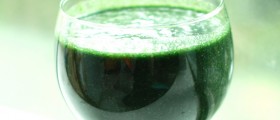


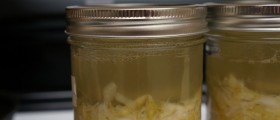
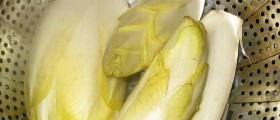


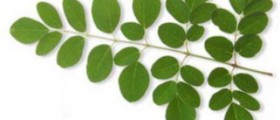
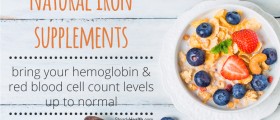
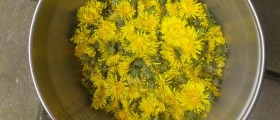


Your thoughts on this
Loading...